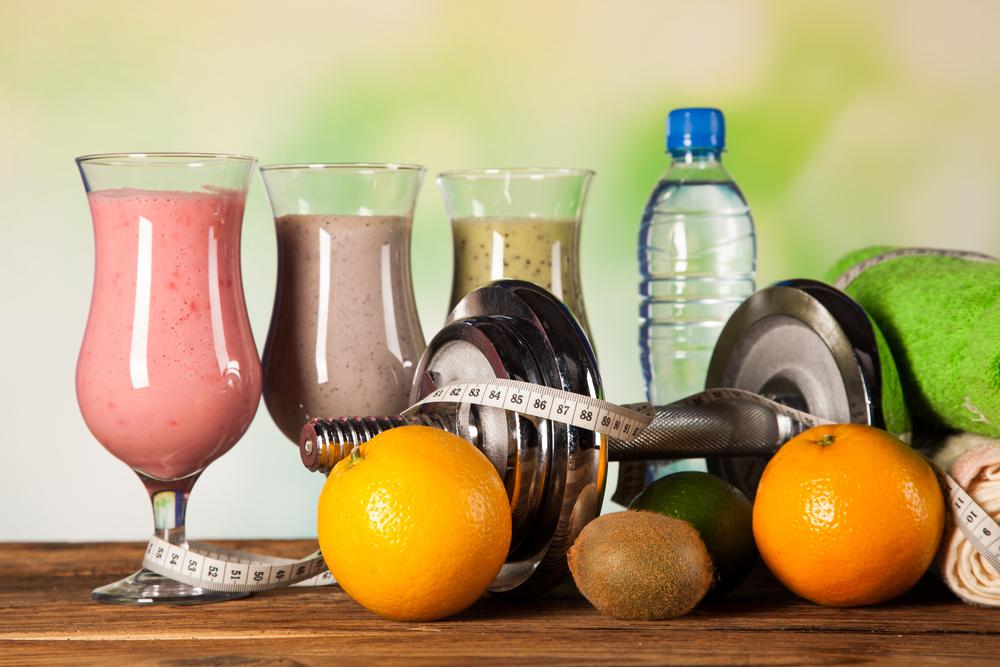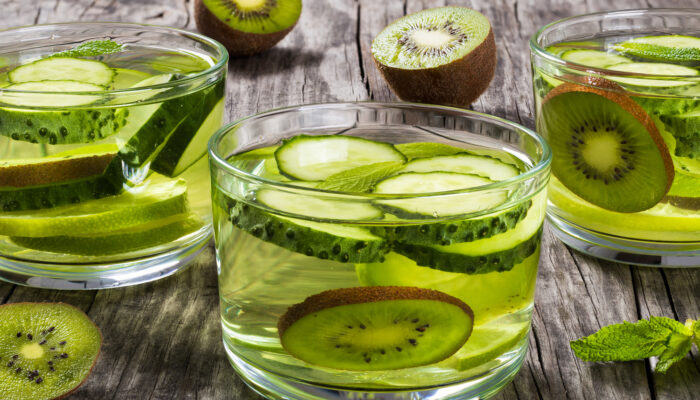
Benefit From this Optimal Menopause Diet
Menopause is a transition period, after which a woman stops ovulating and menstruating. It is confirmed when there has been a gap of one year since your last period. Just as is with aging, the symptoms of menopause are unavoidable. These can often last for several years and range from mild to severe. Some of the symptoms include discomfort, bloating, loss of appetite, memory problems, depression, insomnia, a tendency to develop diabetes, and brittle bones.
A diet is one of the best ways to manage the symptoms of menopause and make the transition a lot smoother. Here are a few dietary tips for menopause to follow:
1. Drink more water
Water is an essential part of a balanced diet. It is especially required in abundance when you are going through menopause. Dry skin and vaginal dryness are caused due to the decrease in estrogen levels during menopause and water can help maintain moisture levels. It also helps reduce the bloating which is common with hormonal changes.
2. Include whole grains in your diet
There are a few whole grains like quinoa, barley, oatmeal, and brown rice that are rich sources of vitamin B. This vitamin is instrumental in keeping the digestive system functioning, managing stress, and boosting energy. You must ensure you have this vitamin in your diet.
3. Have a calcium- and iron-rich diet
Loss of estrogen in the body can increase bone loss as well. If you are not taking estrogen replacements, ensure that you get a minimum of 1,200 milligrams of calcium every day. While if you are taking hormone replacement therapy, 1,000 milligrams a day will be sufficient. A common dietary tip for menopause is to ensure you have food items in your diet that are rich in calcium like milk, yogurt and calcium supplements.
During menopause, the iron content in your body reduces. So, it is better to focus on dietary tips for menopause which includes eating foods like iron-rich cereals, eggs, grains and lean cuts of beef.
4. Get your quota of vitamin D
This vitamin is critical for the protection of your bones during the menopausal phase. While this vitamin comes from the sun, during this time, women need to get enough of it throughout the year. You can talk to your doctor and take supplements for vitamin D if recommended.
5. Include vegetables and fruits in your diet
As your metabolism becomes slower, it causes weight gain in women who undergo menopause. You can fight this by filling up on vegetables and fruits that are low in calorie content. This can help minimize the weight gain and also ensure that you get the necessary nutrients to stay healthy.
6. Consume flaxseeds
Flaxseed is a plant food that contains omega-3 fatty acids. You can sprinkle ground flaxseeds on your salad, yogurt, and cereal to keep your arteries strong. Flaxseeds are even known to contain small amounts of estrogen.
7. Foods to avoid during menopause
Dietary tips for menopause include avoiding certain foods as they can trigger hot flashes or aggravate the symptoms. It is best to avoid sugar, caffeine, spicy foods and alcohol.
Following these dietary tips for menopause can help you naturally go through the phase without any drastic life changes and remain healthy.



